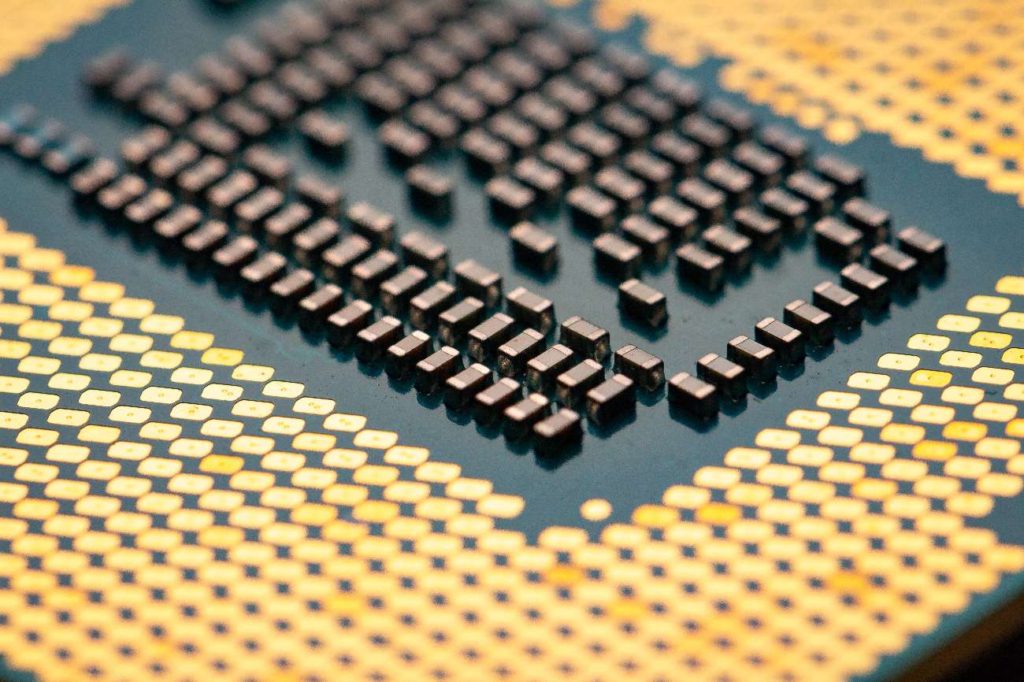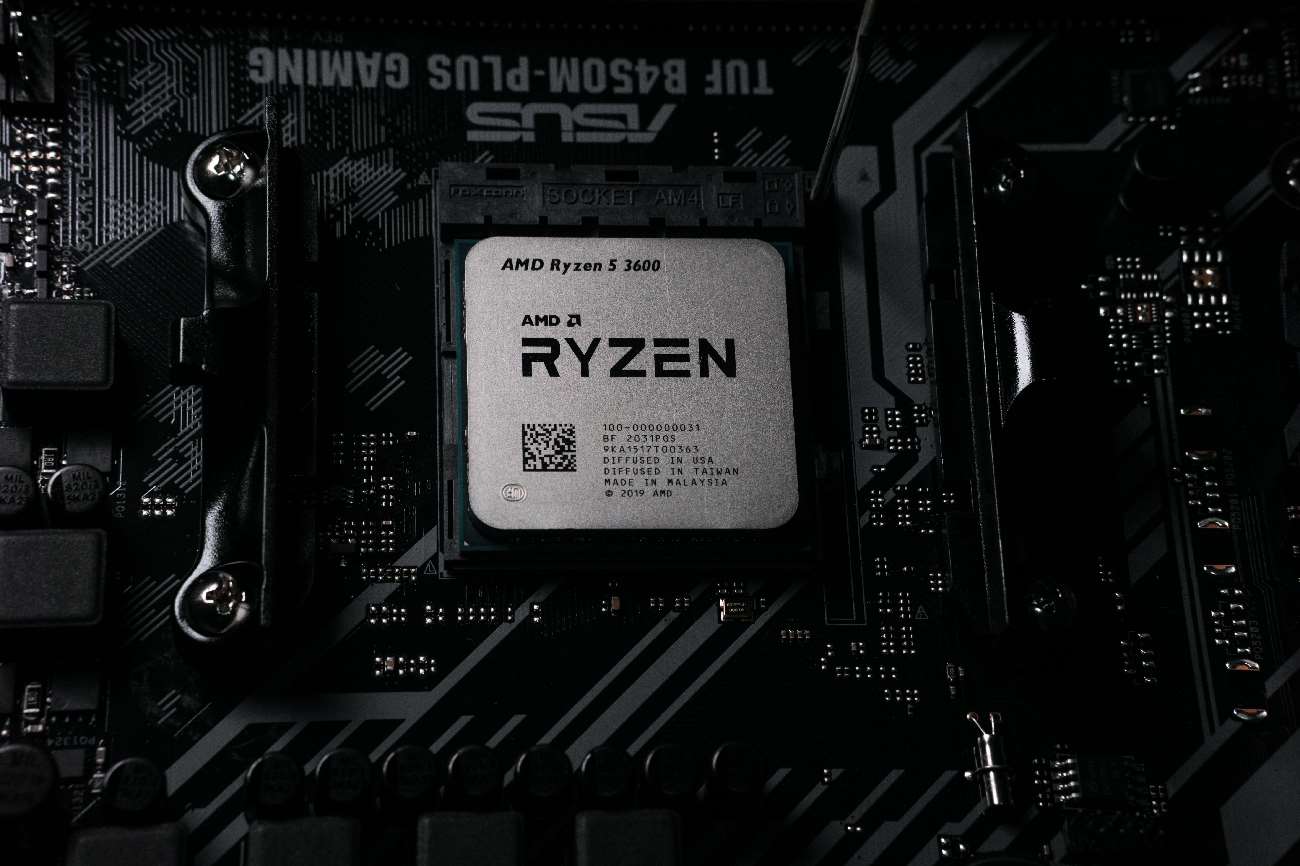Multi-core is a buzz word in the hardware world, with giant tech companies like Intel and AMD releasing computer processors with more cores every year. Cores are exciting components of computers and even phones, especially in the gaming space.
But do you need single processors or multi-core processors? In this article, we compare single core vs. multi core processors, what they do, where you can use them, and examine their role in business. Read on to understand the difference between single core and multi-core processors.
What is a Single Core Processor?
A single core is a computer or phone processing unit with just one processor. Single-core processors limit computers’ CPU performance, reducing the time they take to communicate with RAM (memory) and cache.
A significant portion of processor time (75%) goes to accessing (waiting for) memory results. Manufacturers began releasing multi-core computers, including phones, to enhance their processors’ performance.
With constant speed, devices that feature multi-core CPUs may perform better than machines with single-core processors. Various factors, such as instruction complexity, pre-fetch accuracy, extracted DLP, and cache access latency, influence the speed of a core processor. Others include:
- Extracted MLP SpMT architectures
- Clock rate
- Cache hit rate
- Branch predictor accuracy
- Extracted ILP
- Number of stalls
What is a Multi Core Processor?
A multi core is a computer processing unit with at least two independent processing units, also known as cores or CPUs. Each core in a multi-core processor is designed to read program instructions and execute them independently of other cores. As a result, the computer appears to have multiple processors.
Multiple cores enable computers to perform several processes simultaneously with ease. Therefore, the PCs achieve enhanced performance when multitasking or running powerful programs or apps.
Single Core vs. Multi Core – Which is Better for Business?
Multiple cores processing instructions at the same time but at a lower speed than single-core processors attain a greater processing rate. Processors with multiple cores deliver high-performance computing (HPC), enabling the machines to break down large, complex computations into smaller parts.
Multi-core CPUs then utilize software to solve each part of the complex computation. In essence, a supercomputer is broken down into smaller blocks (easily manageable) to solve sophisticated scientific challenges.
Therefore, HPC allows various devices, such as battery-run mobile phones or laptops, to use low energy when processing complex tasks. It enables businesses dealing with databases, virtualization, and the cloud to benefit from energy and cost savings.

Single Core vs. Multi Core Tasks
Single core processors support most computing needs efficiently. However, multi-core is necessary for more demanding computing needs for optimal performance. They include:
Graphics (GPU)
Many computer graphic processing software requires an engine or processor to show animation details. Artificial intelligence (AI) is often used in virtual settings to control simulations, characters, and events. Single cores alternate between tasks or processes to work on all events, slowing down the process.
However, multi-core processors execute the same instructions at faster rates, eliminating delays to reduce process times.
Virtualization and Video Editing
Apart from supporting virtualization, multi cores can benefit video encoding programs. Single-frame processing can move from individual cores into multi-core processing through a stream for increased performance.
Multi-core processors built with HPC support parallel computing, multi-threading, faster clock speeds, and embedded, general-purpose or network processing. They also support:
- Scientific analysis
- Database management
- Processing of high data volumes at increased speeds
- Complex design processing
- Digital signal processing (DSP)
- Computation using math programs
Generally, multi cores are better than single cores if the programs being run support them. Although dual-core and quad-core processors have become the standard for personal computers, the real benefits come from using specialized programs or software.
Single Core vs. Multi Core Performance Gaming
Single core performance is essential for most games because they function using only one core. Although games can use multi-core processing, they don’t optimize their full potential – gaming programs split workloads among cores instead of exploiting parallel computing.
Even the most sophisticated video games don’t require as much computing power as programs like Photoshop. However, the gaming scene continues to evolve, getting more complex every year.
Battlefield 5, for example, requires more than the standard computing specifications. Otherwise, you may not run other programs like Chrome at the same time. Multitasking would be impossible.
Most gaming programs are built to run individually, either on one or multiple cores. They split tasks among available cores instead of adopting parallel computing – letting multiple threads handle the same task. In simple terms, games perform tasks separately. As a result, they can use multiple cores but don’t maximize the full potential of the multi-core processors.
Multi-threaded programs, however, are built to optimize the power of parallel computing. They allow many things to run simultaneously, unlike complex games (e.g., Arma III). The programs are designed to use parallel processor threads, splitting one task into many portions for faster processing.
Multiple cores provide more threads for simultaneous processing of the many small tasks. The programs include 3D spatial analysis programs and Photoshop, among others.
Games Increasingly Optimize Multiple Cores
Games continue to become sophisticated and easier to run. They’re increasingly being built to fully exploit multiple cores and individual threads, just like multi-threaded applications. Therefore, games will require more powerful processors (bigger and better, but more costly) for optimal performance.
Moreover, many people already own multi-core computers they’re under-utilizing. This means they can easily play emerging games optimally without spending on another processor.
Conclusion
Single cores run on only one processor, while multi cores run on more than one processor. Multi cores deliver higher performance than single cores based on the same processor speeds. Although most standard computers and phones support quad- or dual-core processors, they’re under-utilized.
Most games can run on single-core processors; however, emerging games are built for multi-core processors. Multi-core CPUs are ideal for multi-threaded programs for faster speeds and optimal performance.
Specialized programs, such as database management systems, scientific analysis, and digital signal processing benefit from multi-core processors. Therefore, multi core isn’t necessarily better than single core. We hope that you found this article comparing single core vs. multi core processors useful.

